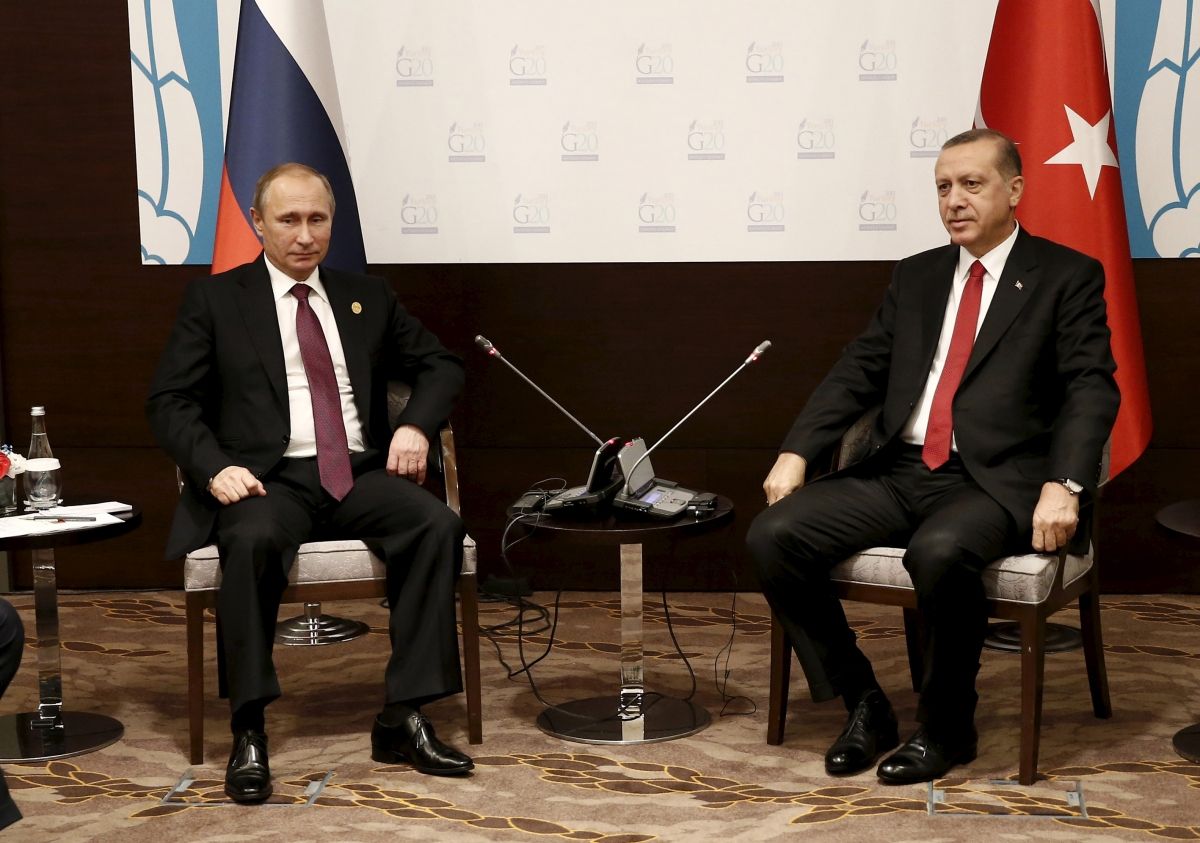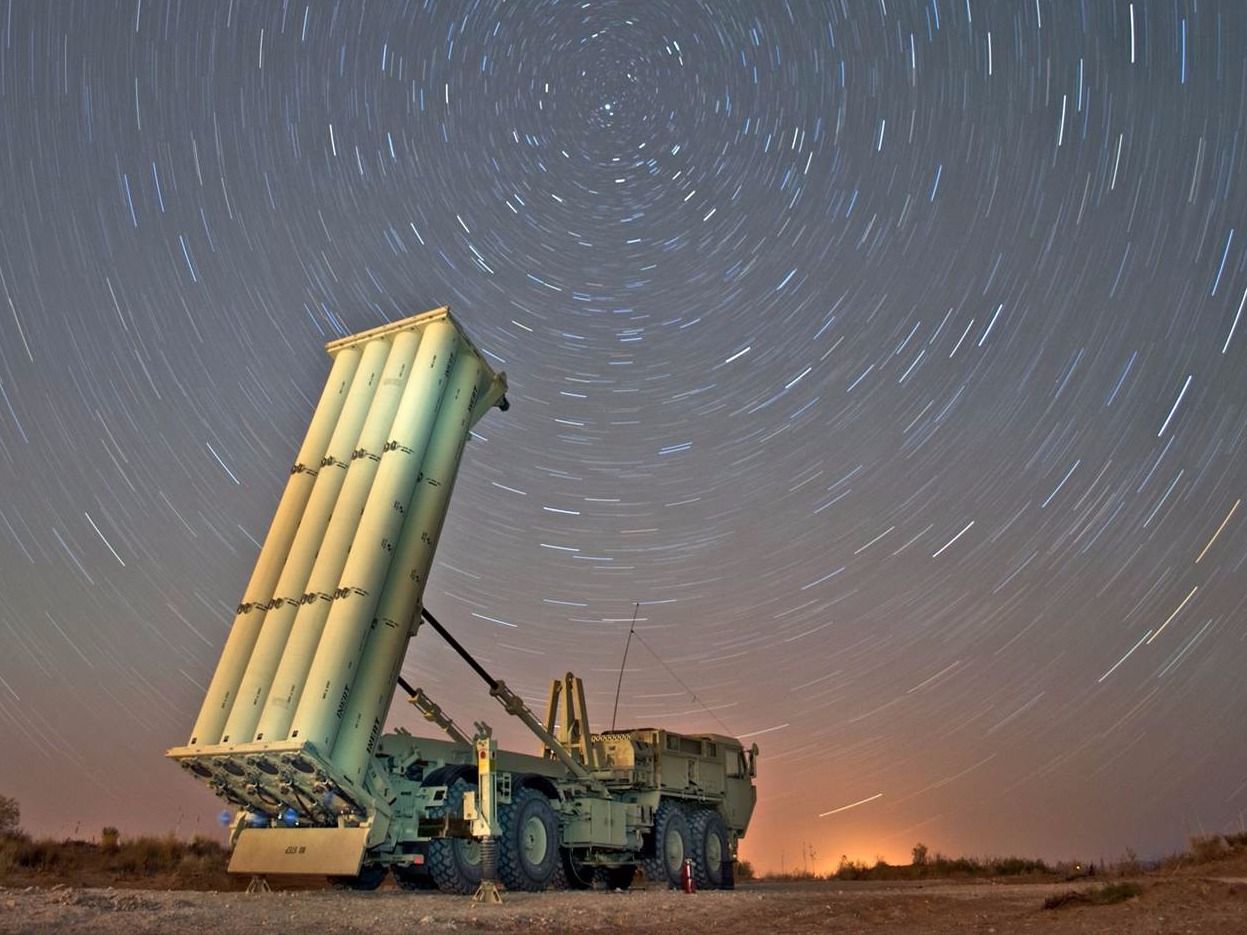Turkish President Recep Tayyip Erdogan jets into Russia Tuesday for his first meeting with counterpart Vladimir Putin since the two strongmen leaders began healing a bitter feud over Ankara’s downing of a Russian warplane.
Erdogan’s visit to Putin’s hometown of Saint Petersburg is also his first foreign trip since the failed coup against him last month that sparked a purge of opponents and cast a shadow over Turkey’s relations with the West.
“This visit seems to me a new milestone in bilateral relations, beginning with a clean slate, and I personally, with all my heart and on behalf of the Turkish nation salute Mr Putin and all Russians,” Erdogan said in an interview with Russian state media.
The shooting down of a Russian fighter jet by a Turkish F-16 over the Syrian border last November saw a furious Putin slap economic sanctions on Turkey and launch a blistering war of words with Erdogan that seemed to irrevocably damage burgeoning ties.
But in a shock reversal in late June, Putin accepted a personal expression of regret over the incident from Erdogan as an apology and immediately rolled back a ban on the sale of package holidays to Turkey and signalled Moscow would end measures against food imports and construction firms from the country.
Now in the wake of the failed July 15 coup attempt in NATO-member Turkey, ties between the two sides could be bolstered even further—with Erdogan bluntly making it clear he feels let down by the United States and the European Union.
Putin was one of the first foreign leaders to phone Erdogan offering support and, unsurprisingly, sharing none of the scruples of EU leaders about the ensuing crackdown.
“While Turkish-Russian ties are subject to their own uncertainties, this deterioration of relations with Western powers could accelerate a Turkish-Russian rapprochement,” said analysts from the European Council on Foreign Relations.
Back to business
Relations between Turkey and Russia—two powers vying for influence in the strategic Black Sea region and Middle East—have never been straightforward and their predecessor Ottoman and Russian empires fought three centuries of war.
Yet before the plane crisis, Moscow and Ankara managed to prevent disputes on Syria and Ukraine harming strategic cooperation on issues like the TurkStream gas pipeline to Europe and a Russian-built nuclear power station in Turkey.
Those projects were all put on ice with trade between the two countries falling 43 percent to $6.1 billion in January-May this year and Turkey’s tourism industry seeing numbers from Russia fall by 93 percent.
Now with Russia mired in economic crisis due to Western sanctions over Ukraine and lower oil prices and Turkey’s outlook flagging, both men want to get business started again.
Erdogan told Russian media that he wants to “immediately take steps” towards getting the TurkStream project—that was to have pumped 31.5 billion cubic meters of gas a year—going again and to finish the Akkuyu power plant.
Friends for real?
The earlier uptick in relations was built on a macho friendship between Putin and Erdogan, two combative leaders in their early 60s credited with restoring confidence to their nations in the wake of financial crises but also criticised for clamping down on human rights.
But after such a bitter dispute—which saw Putin accuse Erdogan of stabbing Russia in the back and having links to the illegal oil trade with the Islamic State group—it will take a lot for the pair to reheat ties.
“What we are going to see is a longer-lasting but more pragmatic type of relationship built not on a personal friendship or ideology but on common material interests,” said Alexander Baunov, a senior associate at the Carnegie Moscow Center.
Russia, which is flying a bombing campaign in support of Erdogan’s foe President Bashar al-Assad in Syria, transformed the balance of the Syrian civil war last September when it intervened militarily, to Turkey’s consternation.
Erdogan insisted to Russian media that Assad must still go—a position opposed by Putin—but did say that the conflict at the heart of the falling out with Moscow could now also become the focus for renewed cooperation between the two sides.
“Russian is a main, key and very important player in establishing peace in Syria,” Erdogan said in comments translated into Russian.
“The problem needs to be solved with help of joint steps between Russia and Turkey.”










